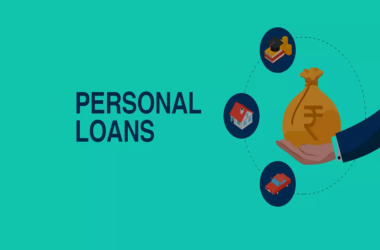Securing higher loans is tough, especially when you’re a starting entrepreneur. Of course, a startup doesn’t usually have a remarkable cash flow and high credit score to qualify for a traditional loan. But hope remains in budding businesses. Microloans for startups are perfect to stimulate business momentum. They can be used to purchase equipment, stock up inventory, and buy real estate.
This article explores the pros and cons of microloans, particularly for starting businesses.
1. Pro: Faster approval
A microloan is a fast way to obtain small financing. The loan is relatively small but it can go a long way with strategic planning that clearly maps out the growth of your enterprise. Application for microloans is faster, typically around two weeks, and the requirements are typically less stringent than traditional loans.
2. Pro: Low interest rate
Since it caters to small and medium enterprises, the interest rate of microloans is usually low. It could range from 6.75% to 8.5% effective annual rate depending on risk and credit assessment. Micro loans for startups incur progressive and sustainable gains that boost financial projection.
3. Pro: No collateral
Microloans don’t usually require collateral or a property that the lender will take in case of failure to comply with repayment obligations. This is a huge advantage, as starting entrepreneurs usually don’t have high-value properties that can qualify as collateral before securing a loan.
4. Pro: Training requirement
Application for a microloan usually involves training requirements on financial management. You can take advantage of this training to improve business planning and boost the trajectory of your startup. Gain more insights about closing deals and choosing the right loan option to steer your enterprise towards stable growth.
5. Con: Small amount
Again, microloans are small loans. Typically, they range about $10,000 to $100,000 depending on the loan option and the offering financial institution. This is significantly smaller compared to up to millions of dollars a traditional business terms loan can provide. But with strategic financing, you can maximise this amount to prioritise critical business features that can trigger even more growth.
6. Con: Short repayment term
Microloans for startups get more money rolling in, but repayment obligations are usually set in a shorter timeline. This can place pressure on the business. However, if the market behaves favourably, the short repayment terms won’t be a huge problem. Just make sure that the loan is utilised properly according to careful assessment.
7. Con: Limited use
A microlender prohibits you from using the loan for other purposes aside from those you’ve stated you’re getting the loan for. Microloans are limited only to purchases or expansions that the lender allowed you to have or do. You cannot realign them to other business needs. Take this restriction as a guide to stick with your goals and deliverables.
Microloans for starting enterprises
There are pros and cons to microloans, but you can turn even the cons to your advantage by deliberate planning and strategic thinking. Micro loans for startups are capable of kickstarting your business towards stable progress and positive financial projection. Understand the pros and cons of microloans so you can increase the likelihood of your startup’s success.






